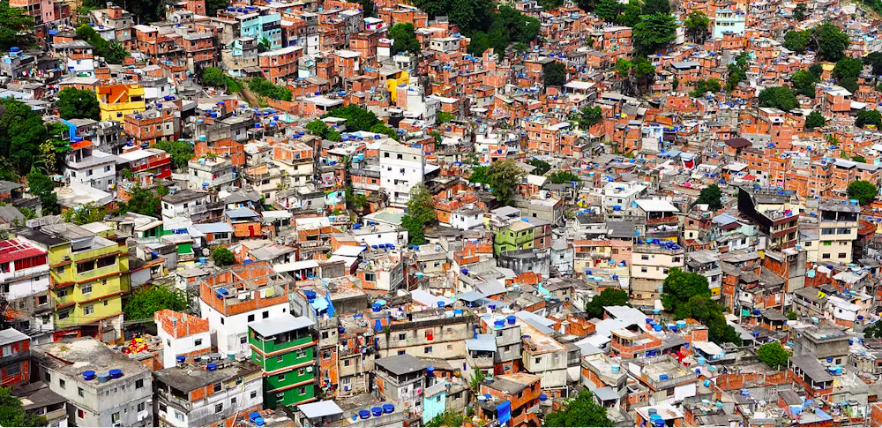This post is also available in: Português Español
The key to resolving Costa Rica’s problematic fiscal deficit lies in a major reform that would replace the country’s sales tax with a value-added tax, the country’s ambassador to the United States, Román Macaya, said Wednesday at the Inter-American Dialogue. When President Luis Guillermo Solís took office earlier this year, there was some uncertainty regarding the country’s economic outlook, but with a stable currency and a number of new investments announced this year, the largest remaining uncertainty is the fiscal deficit, the ambassador said.
The government has taken steps to address the fiscal deficit, projected to be about 6.3 percent of GDP this year, by cutting spending and working to improve tax collection, and the deficit will likely be closer to 5.8 or 5.9 percent this year, Macaya said. Although the projected deficit of 6.7 percent next year “raises eyebrows,” it too will likely be lower than expected, he added.
The government is proposing a series of tax reforms to address the issue, the center of which is a proposal to introduce a new value-added tax on goods and services. The country’s economy has evolved over the last decade from exporting agricultural goods to exporting medical devices and becoming more services-based, and the tax system has not kept pace, the ambassador said. The current sales tax only affects producers of goods, while a VAT would tax services and goods, more accurately reflecting the current economy and creating a “more just system among contributors,” Macaya added. “The companies that would be most affected are those that are not paying much tax today,” Macaya said when asked if the tax structure changes would affect companies operating in the Central American nation. Macaya said the measure, which has not yet been sent to lawmakers, would be the most impactful of the government’s actions, even if there is no change in rate from the current sales tax.
Other actions that the government is taking to close the fiscal gap are improving collection efficiency through improved information systems and imposing a freeze on government hiring. It has also secured a written commitment from opposition parties to reduce spending and will take action to refinance debt. Further reforms include an anti-evasion law, which has already been sent to the Legislative Assembly, as well as an anti-counterfeit law, pension system revision and potential global income tax. However, the government is not considering changing the rules governing free-trade zones, Macaya said.
While next year’s projected deficit is not concerning in and of itself as Costa Rica could absorb a deficit in an off year, it reflects a structural problem of spending above collection, Humberto López, the World Bank director for Central America, said at the event alongside Macaya. Talks with the IMF that could lead the government to reduce the deficit by an additional 3.75 percent over four years, one-third coming from a reduction in spending and two-thirds from increases in revenue, would be a step in the right direction.



